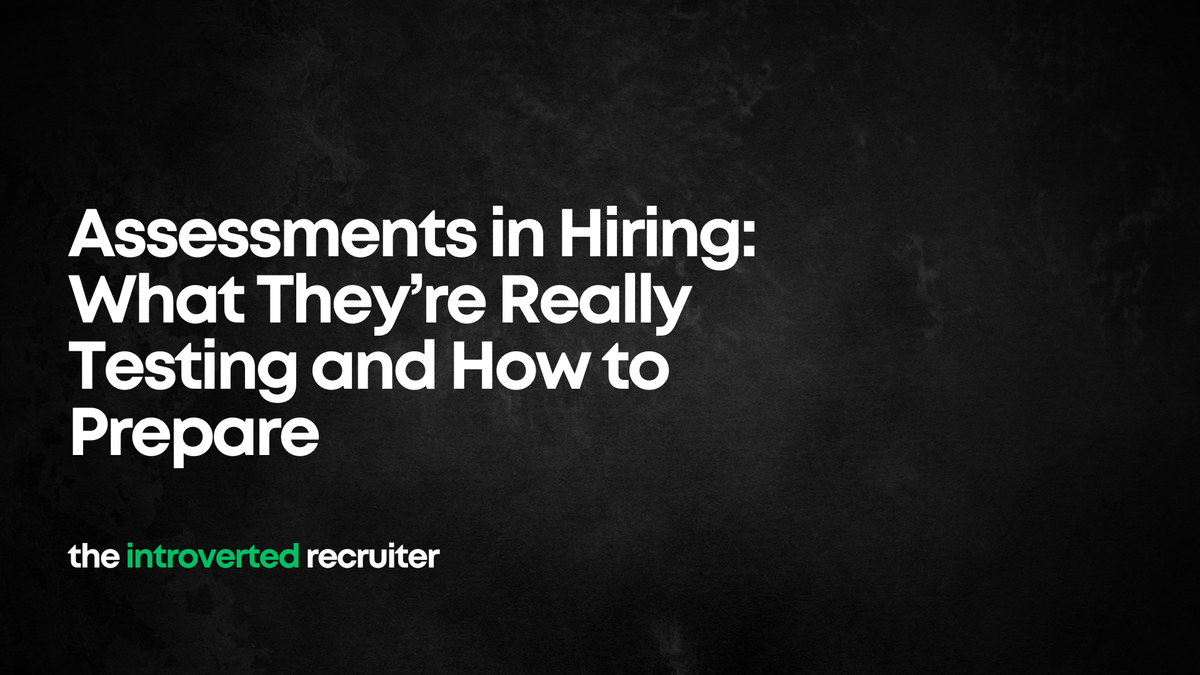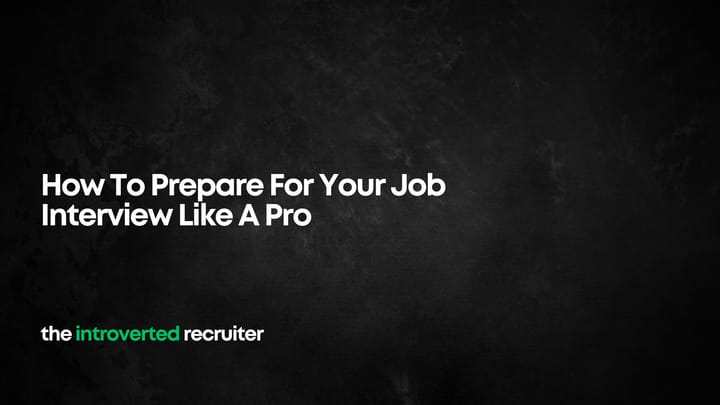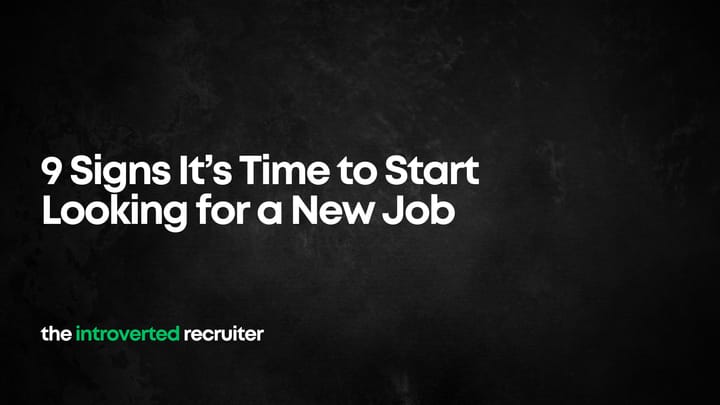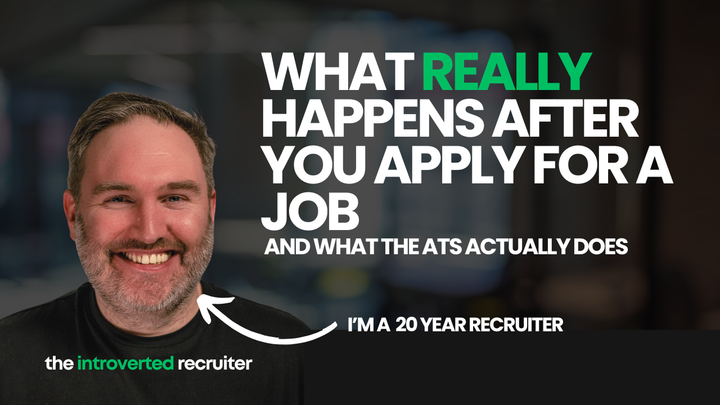Assessments in Hiring: What They’re Really Testing and How to Prepare

If you’ve ever groaned at the thought of a hiring assessment, you’re not alone. For most candidates, they feel like a pop quiz designed to catch you out—but that’s not really the case. Assessments aren’t about tripping you up; they’re about helping employers figure out if you’ve got what it takes to thrive in the role.
Whether it’s a cognitive test, a personality assessment, or even a full-blown assessment centre, these tools are designed to predict how you’ll perform on the job. And while they’re not going anywhere, here’s the good news: if you know what they’re really testing and how to approach them, you can turn assessments into a chance to shine.
Let’s break down why companies use them, what they’re looking for, and how to prepare so you’re not just ready—you’re confident.
Why Do Companies Use Assessments?
Hiring is a high-stakes game. A bad hire can cost a company tens of thousands of pounds—not just in salary but in lost productivity and team morale. Assessments are the hiring manager’s way of adding a layer of objectivity to a process that can often be quite subjective.
But here’s the thing: assessments aren’t just about skills or experience. They’re about predicting fit. Will you handle the pressures of the role? Will you gel with the team? Do you have the potential to grow into bigger responsibilities?
From your perspective, assessments are your chance to prove what your CV can’t: how you think, solve problems, and approach challenges.
Breaking Down the Different Types of Assessments
Not all assessments are created equal. Depending on the role, you might face a quick online test, a personality quiz, or even a multi-task challenge. Let’s go through the main types, what they’re really measuring, and how to ace them.
1. Cognitive Ability Tests: The Brainy Stuff
Cognitive tests measure how you process information and solve problems. Think of them as mental workouts. Common formats include:
- Numerical Reasoning: Understanding data from charts and graphs or calculating percentages.
- Verbal Reasoning: Spotting inconsistencies or interpreting written text.
- Abstract Reasoning: Identifying patterns in shapes or sequences.
These tests are often timed, so they don’t just assess accuracy—they test how well you perform under pressure.
Why Employers Use Them:
They’re perfect for roles where logical thinking and problem-solving are critical, like consulting, finance, or data-heavy jobs.
How to Prepare:
Practising is non-negotiable. Platforms like SHL or Practice Aptitude Tests have sample questions that mirror real tests. Sharpen your maths basics (percentages, ratios, and graphs), and practise verbal logic exercises to get your speed up.
Pro Tip: If a question stumps you, move on. Spending too long on one problem can derail your timing. Accuracy matters more than attempting every question.
2. Personality Assessments: What Makes You Tick
These tests dig into how you work, think, and collaborate. They’re not about “right” or “wrong” answers but about understanding whether your natural tendencies fit the role.
For example, you might see statements like:
- “I prefer to work independently.”
- “I enjoy fast-paced environments.”
Your task is to rate how much you agree, or choose between two statements that both seem relevant.
Why Employers Use Them:
Companies want to know if you align with their culture and the role’s demands. For instance, a sales role might favour extroversion and resilience, while an analytical position might value structure and attention to detail.
How to Prepare:
Don’t overthink it. Be honest, but keep the role in mind. If the company values collaboration and you’re applying for a team-based position, lean into answers that reflect that.
Pro Tip: Research the company’s values. If their website highlights “innovation” or “adaptability,” make sure your natural traits that align with these are clear in your responses.
3. Situational Judgement Tests: Real-Life Scenarios
Situational Judgement Tests (SJTs) present you with workplace challenges and ask how you’d handle them. For example:
“You’re leading a team project, and two members strongly disagree on the approach. What do you do?”
You’ll either rank options or pick the best response. These tests measure how you navigate conflict, prioritise tasks, and think critically.
Why Employers Use Them:
They show how you might behave on the job, particularly in stressful or ambiguous situations.
How to Prepare:
Reflect on your past work experiences. Think about how you’ve handled conflicts, tight deadlines, or tricky decisions. Use the STAR method (Situation, Task, Action, Result) to organise your thoughts.
Pro Tip: Look for clues in the role’s job description. If they emphasise “customer focus,” your answers should reflect empathy and problem-solving in customer-facing scenarios.
4. Technical Skills Tests: Prove You Can Do It
These are straightforward: they test whether you have the skills needed for the role. Developers might need to write code, designers might create a mock-up, and marketers might draft a campaign.
Why Employers Use Them:
They want to see if you’ve got the technical chops to back up your CV.
How to Prepare:
Practise tasks that reflect the job. Coders can use platforms like HackerRank. Writers should revisit grammar basics and portfolio pieces. And creatives should make sure they’re comfortable with relevant software and tools.
Pro Tip: Always clarify the test format. Is it open-book? Timed? Knowing this upfront will help you prepare strategically.
5. Assessment Centres: The All-Rounder’s Challenge
Assessment centres are a whole other beast. They’re most commonly used for graduate schemes and junior roles, not senior positions. Think of them as a multi-tasking Olympics: you’ll face group exercises, individual challenges, presentations, and sometimes even role-playing scenarios.
For example, you might work with a group to solve a fictional business problem, then give a five-minute presentation on your solution.
Why Employers Use Them:
These are all about seeing how you work under pressure, collaborate with others, and communicate ideas.
How to Prepare:
Practise presenting ideas clearly and concisely—you don’t need a TED Talk, but you do need to be confident. For group tasks, focus on being a strong team player: contribute ideas, listen actively, and don’t dominate.
Pro Tip: Even informal moments, like lunch breaks, are part of the assessment. Stay professional and engaged throughout the day.
How to Nail Any Assessment
Assessments can feel overwhelming, but they don’t have to be. The key is preparation and mindset. Treat them as opportunities to showcase what you can do, not hurdles to trip over.
- Start Early: Don’t wait until the last minute to practise. Familiarity breeds confidence.
- Know the Role: Tailor your approach to what the job demands.
- Stay Calm: Stress can sabotage your performance. Take deep breaths and focus on each task individually.
Final Thoughts
Hiring assessments aren’t tricks—they’re tools. Companies use them to find the right fit, but they also give you a chance to shine beyond your CV. If you’re prepared, strategic, and authentic, assessments can become your secret weapon in landing the role you want.
Got Your CV Ready? Now, Let’s Get You Hired.
A great CV is just the first step. If you want to land interviews faster, ace job applications, and negotiate a better salary, check out these no-nonsense resources designed by a recruiter with 20 years of experience:
✅ The No-Nonsense Job Search Playbook – A straight-talking guide to mastering your job search
✅ The Ultimate Job Search Mega Bundle – Everything you need to get hired, in one powerful package
✅ The No-Nonsense Job Search System – A step-by-step course to land a job faster
✅ My £1 Template Bundle - CV Template, Cover Letter template & more!
Want to take the guesswork out of job searching? Explore the resources here
Your next job is closer than you think—let’s make it happen.
Follow Me
Find me on LinkedIn , TikTok , YouTube or Instagram where I share lot’s of practical no nonsense advice.



